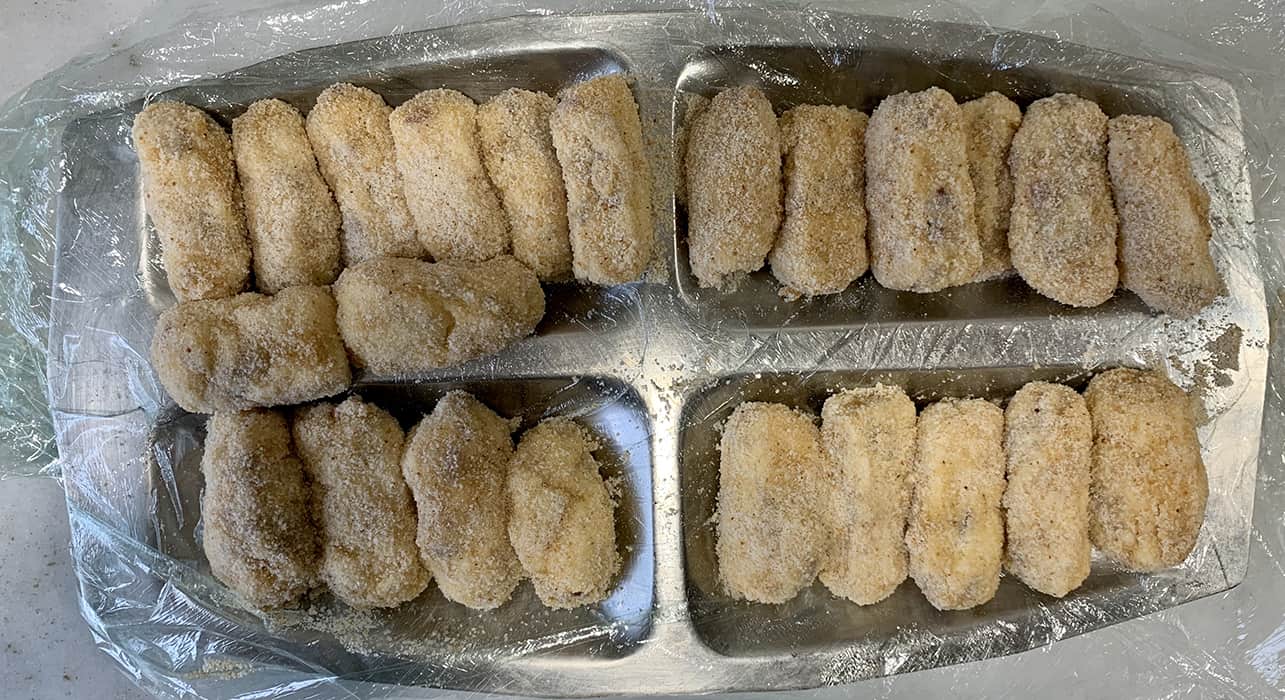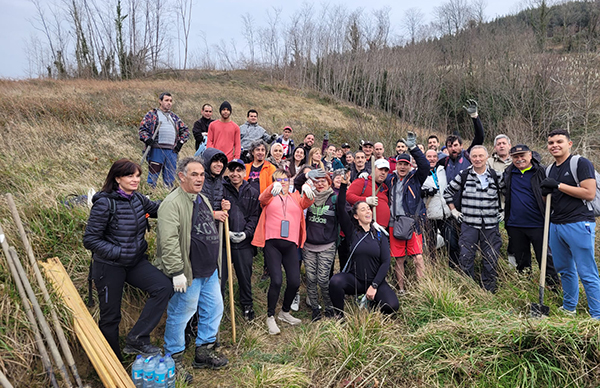
WHAT DO YOU DO WITH FOOD LEFT? DO YOU USE THEM FOR DINNER OR FOR THE FOLLOWING DAY? THE FREEZES FOR ANOTHER OCCASION? DO YOU PREFER TO REINVENT NEW DISHES? ARE YOU ONE OF THE PEOPLE WHO ASK TO TAKE THE SURFACES OF THE MENU IN THE RESTAURANTS?
Throwing food in the trash not only attacks our values, it also depletes the planet’s limited natural resources. Every time a perishable product rots, we waste an essential good and foster an unsustainable consumption pattern. But we can do it infinitely better if we plan the purchase well and if, before wasting food, we consider the trash cooking a duty and, why not?, a pleasure.
Challenge: A picture of a dish that you have cooked with the remains of another
Throwing food in the trash has more impact on the environment than we think. First, because we promote a production model that requires wasted amounts of water, energy or land, since they are used to produce or grow products that end up in the garbage. Second, because the transport of all these products causes an increase in Co2. And third, because many of those foods that end up in landfills in their decomposition generate gases such as methane, harmful to the atmosphere.

Responsible habits to avoid wasting food
-
– Get used to organizing the menus for the week by looking at what you have in the fridge and adjusting the purchase to your needs.
– Look at the expiration of the labels.
– Arrange the refrigerator in such a way that perishable products are clearly visible, so that you do not forget them.
– Use the freezer. It is a great help.
– Try to keep food in suitable containers: they last longer in better condition.
– And if you are part of a family with children, remember that it is when more food is wasted and when more attention must be paid so that food does not end up in the garbage.


